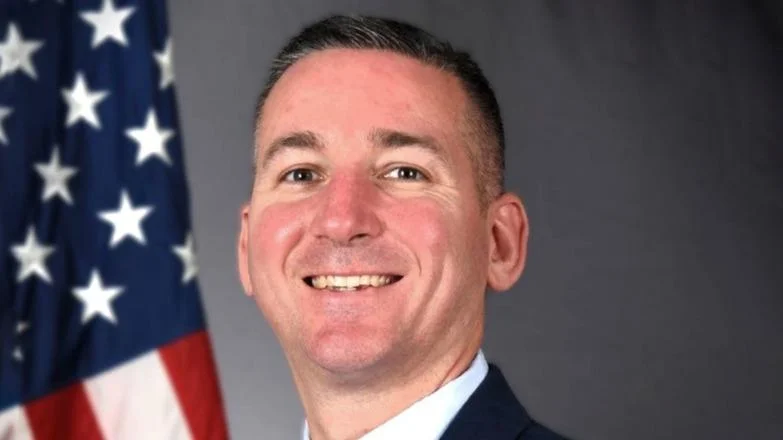Ben Franklin, Wisconsin State Representative for 88th District | www.facebook.com
Ben Franklin, Wisconsin State Representative for 88th District | www.facebook.com
According to the Wisconsin State Legislature's official website, the bill was described as follows: "coverage of individuals with preexisting conditions and benefit limits under health plans".
The following is our breakdown, based on the actual bill text, and may include interpretation to clarify its provisions.
In essence, this bill establishes state-level requirements for health insurance coverage regarding individuals with preexisting conditions and benefit limits, pending the federal Patient Protection and Affordable Care Act's provisions becoming unenforceable or no longer preempting state law. It mandates that individual and group health benefit plans must accept all applicants, regardless of preexisting conditions, and prohibits imposing preexisting condition exclusions. Additionally, the bill restricts health plan premium rate variations to factors like age, tobacco use, and plan coverage type and prohibits setting annual or lifetime dollar limits on benefits. The bill also outlines specific enrollment periods requiring a 45-day open enrollment and special enrollment periods for qualifying events. These regulations will be applicable only if the federal requirements lapse and certain plans exempt from the Affordable Care Act will also be exempt from this bill's provisions.
The bill was co-authored by Senator André Jacque (Republican-1st District), Representative Lindee Rae Brill (Republican-27th District), Representative Tara Johnson (Democrat-96th District), Representative Dean Kaufert (Republican-53rd District), and Representative Rob Kreibich (Republican-28th District). It was co-sponsored by Senator Steve L. Nass (Republican-11th District), Senator Melissa Ratcliff (Democrat-16th District), and Senator Mark Spreitzer (Democrat-15th District), along with two other co-sponsors.
Benjamin Franklin has co-authored or authored another 21 bills since the beginning of the 2025 session, with none of them being enacted.
Franklin graduated from Trident University International in 2020 with a BA.
Franklin, a Republican, was elected to the Wisconsin State Assembly in 2025 to represent the state's 88th Assembly district, replacing previous state representative John Macco.
In Wisconsin, the legislative process starts when a senator, constituent, group, or agency proposes an idea for a bill. After drafting, the bill is introduced, numbered, and referred to a committee for review and public input. If approved, it moves through three readings and votes in both the Senate and Assembly. Once both chambers pass the same version, the bill goes to the governor, who can sign it, veto it, or let it become law without a signature. Only a small share of bills introduced each session ultimately become law. You can learn more about the Wisconsin legislative process here.
| Bill Number | Date Introduced | Short Description |
|---|---|---|
| AB184 | 04/15/2025 | Coverage of individuals with preexisting conditions and benefit limits under health plans |
| AB176 | 04/15/2025 | Financial eligibility for the Alzheimer’s family and caregiver support program. (FE) |
| AB82 | 02/28/2025 | Exempting certain conveyances between grandparents and grandchildren from the real estate transfer fee. (FE) |
| AB74 | 02/28/2025 | Parental notification of alleged sexual misconduct by a school staff member. (FE) |
| AB17 | 02/06/2025 | Creating an employee ownership conversion costs tax credit, a deduction for capital gains from the transfer of a business to employee ownership, and an employee ownership education and outreach program. (FE) |
| AB6 | 02/04/2025 | Requiring a school board to spend at least 70 percent of its operating expenditures on direct classroom expenditures and annual pay increases for school administrators. (FE) |






 Alerts Sign-up
Alerts Sign-up